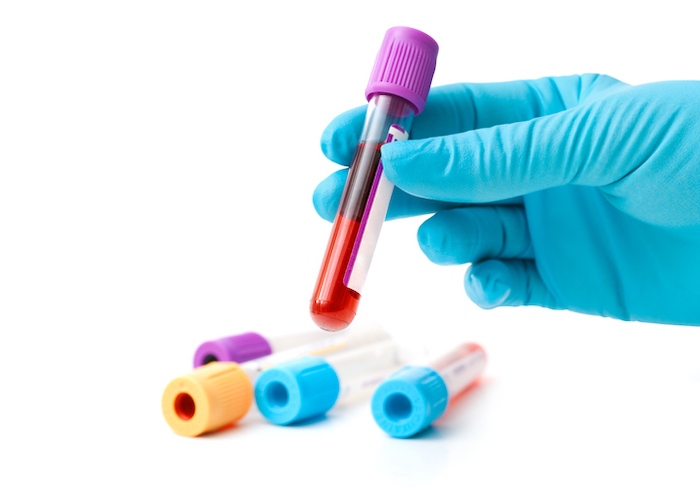News & Articles

4 Myths About Blood Cancer Debunked in 2020

4 myths about blood cancer
Wrong ideas about blood cancer may lead to needless fear and worry, or wrong decisions about treatment. Dr Lee Yuh Shan, a haematologist at Parkway Cancer Centre, explains the truth about blood cancer.
Myth 1: Bone marrow examination makes patients weaker
Fact: A bone marrow examination will not cause a patient to be weak. The reason why patients get weaker is due to their underlying blood cancer. On the contrary, with prompt diagnosis through bone marrow examination and proper treatment, patients will improve.
A bone marrow examination is done only when a patient is suspected to have blood cancer.
It is necessary to confirm a diagnosis of blood cancer, especially leukaemia and myeloma through bone marrow examination. This is also an important test in the staging of lymphoma.
Bone marrow examination also helps doctors to assess genetic changes and predict the patient’s response to treatment. Certain genetic changes will benefit from new targeted treatments.
Myth 2: All blood cancer patients need bone marrow transplant
Fact: This is not true. There are three main types of blood cancer: leukaemia, lymphoma and myeloma.
Not all blood cancer patients need transplants. It depends on the underlying diagnosis, their response to treatment, and also the patient’s tumour genetic profile.
For cases of acute leukaemia, cutting-edge technology in genetic profiling with new targeted treatment have improved patients’ response to treatment. We need to assess each patient on the benefits of a bone marrow transplant based on their response and genetic profile. For patients with lymphoma, most of them do not require transplants in frontline setting.
Myth 3: Blood cancer patients must avoid taking sugar and meat when being treated
Fact: Avoiding sugar and protein will not help in the control of blood cancer. On the contrary, this will deprive patients of important nutrients they need to help them fight their disease. Maintaining good nutrition is pertinent in the journey of fighting cancer.
The treatment of blood cancer involves chemotherapy, which can actually increase patients’ metabolism during this period. Patients need more energy and good nutrition to help them remain fit so that they can continue to undergo further treatment for their cancer.
Myth 4: Stage 4 blood cancer is deadly
Fact: There is no Stage 4 blood cancer. In fact, for acute leukaemia, leukaemic cells circulate in the blood and are considered Stage 4 based on solid cancer classification. Staging of blood cancer is different from solid organ cancer such as lung or breast cancer.
There are different systems to evaluate the prognosis of the three main types of blood cancer.
Acute leukaemia is divided into high risk and standard risk based on the type of leukaemia, genetic test and response to initial treatment.
Myeloma is divided, based on the International Staging System (ISS) or revised ISS, and lymphoma is generally based on the Ann Arbor classification. These are different from the conventional TNM staging system for solid organ cancer.
Treatment and outcomes of blood cancers have improved significantly in recent years with the understanding of genetic changes, using cutting-edge technology, the availability of new targeted treatments and fewer side effects with targeted treatments/protocols.
The journey to survive blood cancer is never alone. This requires the combined efforts of courage from patients and their loved ones, and guidance and help from healthcare providers.
Together, this seemingly impossible battle can be won.
| TAGS | blood cancer, blood disorders, bone marrow, cancer fact, cancer latest breakthrough, misconceptions, new ways to treat cancer, stage 4 cancer, targeted therapy |
| READ MORE ABOUT | Leukaemia, Lymphoma |
| PUBLISHED | 15 July 2020 |
